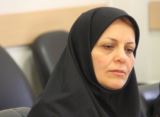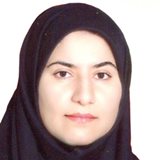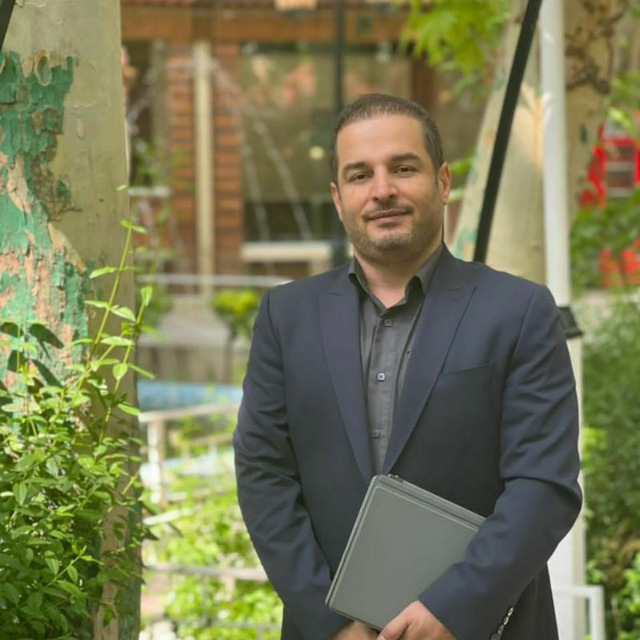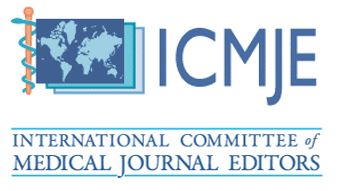Developing a Model of Influential Factors on Sports Volunteer Tourism in Iran
Keywords:
Tourism, Volunteerism, SportsAbstract
The purpose of this study is to present a model of factors influencing sports volunteer tourism in Iran. This research is mixed-methods, incorporating both qualitative and quantitative approaches. The qualitative section involved field studies with a population comprising all experts, researchers, and academic and executive authorities in the field of tourism, sports volunteering, and event management. Theoretical sampling was used to conduct interviews with 13 experts, with data saturation observed after the tenth interview, although interviews continued up to the thirteenth for greater assurance. Efforts were made to ensure that the interviewees represented all relevant individuals and organizations involved in sports volunteer tourism, and the interviews lasted between 20 to 50 minutes at the discretion of the interviewee. The quantitative section's population consisted of approximately 2000 sports volunteers who were involved as managers in global and international competitions held in Iran during the years 2020-2021. The sample size was determined to be 387 individuals. Structural equation modeling using Smart-PLS software was employed for hypothesis testing and analysis. The findings indicated that general needs of volunteer tourism, satisfaction with management practices in volunteer tourism, and the level of involvement in volunteer tourism activities significantly influence overall satisfaction with these activities in the context of sporting events. Furthermore, overall satisfaction with volunteer tourism impacts the intention to participate in future volunteer activities, the likelihood of recommending volunteer activities for sports events to others, and the intention to visit the host city of the sports event. The first question examined the impact of the general needs of volunteer tourism on overall satisfaction with activities in sports events, which showed the highest effect with a path coefficient of 0.321. Based on the results, it is recommended that managers of sporting events design an optimal work environment that can meet the psychological needs of volunteers and improve volunteer management methods to enhance the sustainability of major sporting events.
Downloads
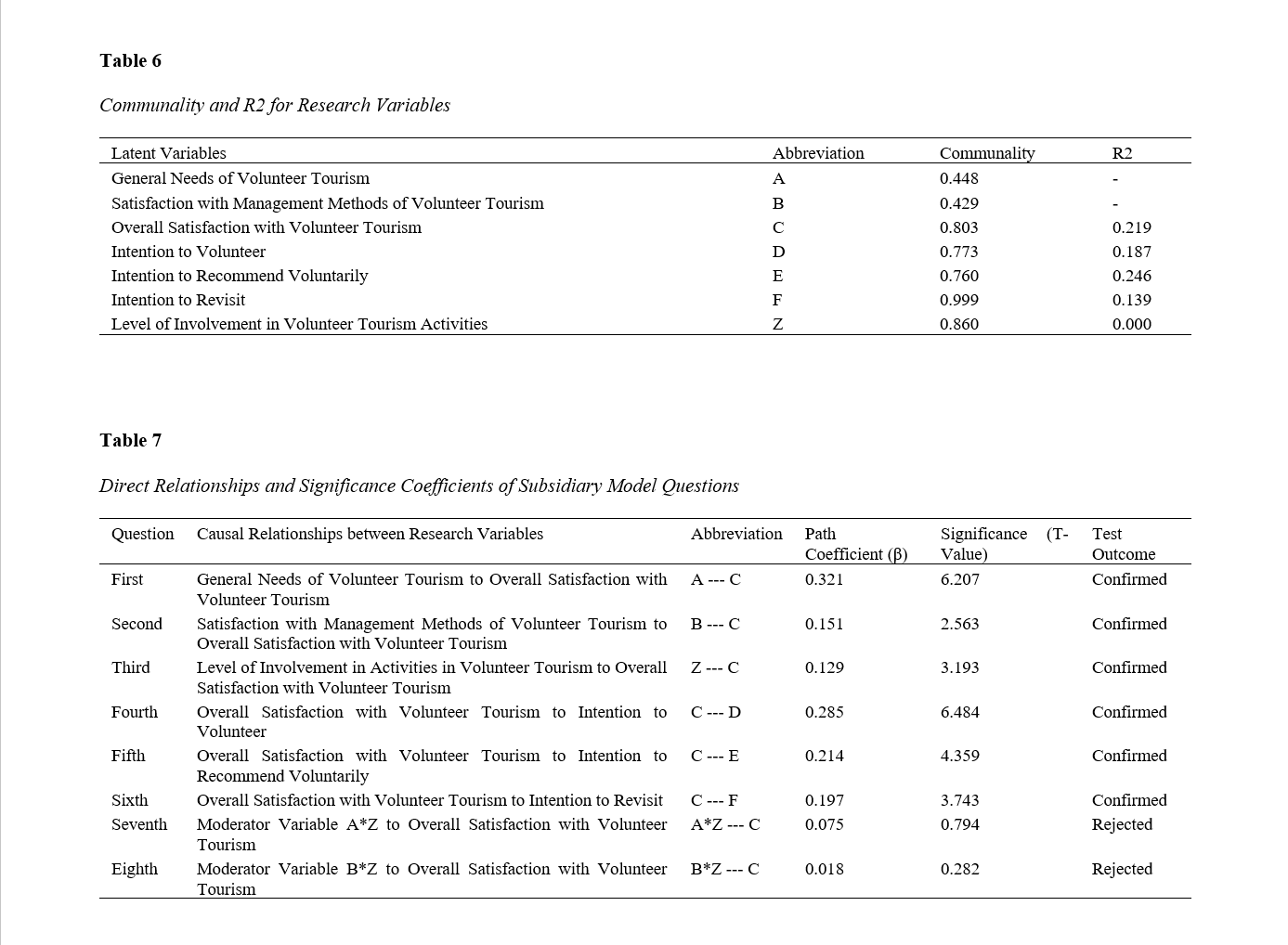
Downloads
Additional Files
Published
License
Copyright (c) 2024 Seyed Vali Hosseini, Taher Bahlke, Zainul Abdin Fallah, Asra Askari (Author)

This work is licensed under a Creative Commons Attribution-NonCommercial 4.0 International License.






